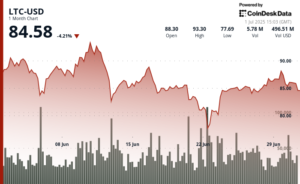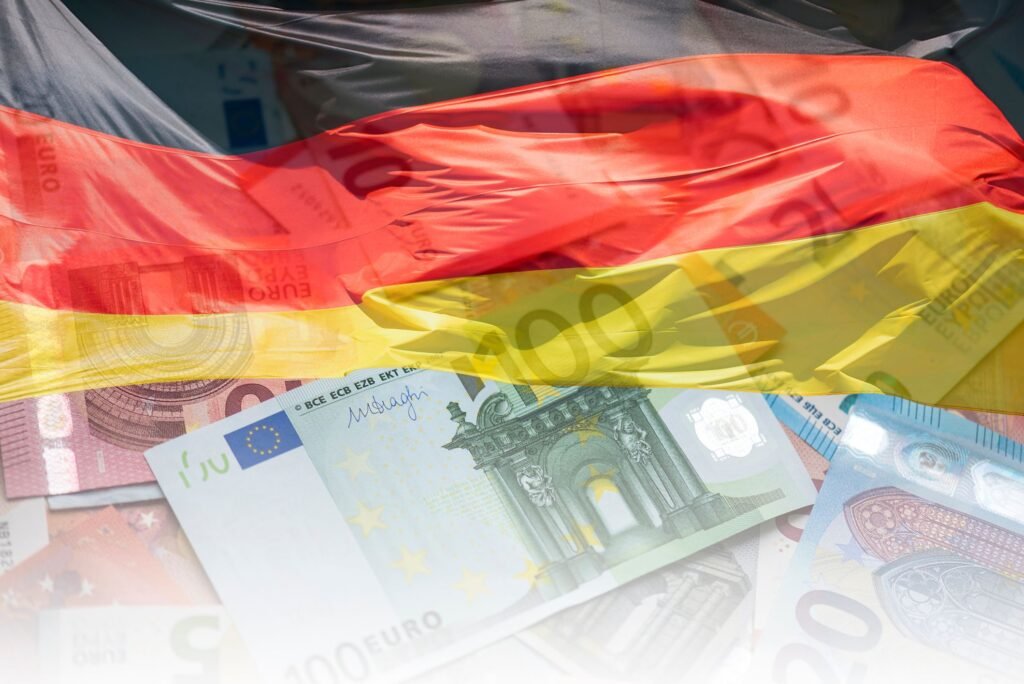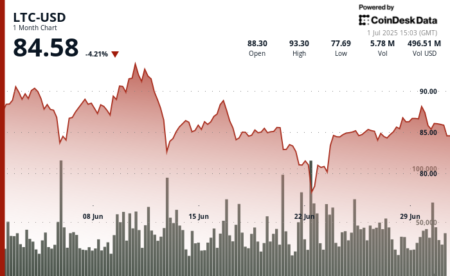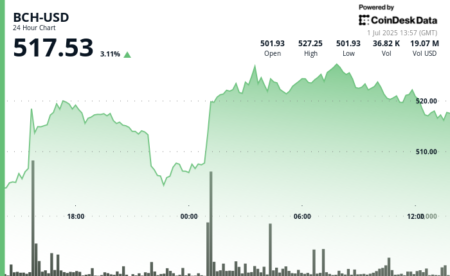Sparkassen Enters Cryptocurrency Trading: A New Era for Germany’s Financial Landscape
Introduction to Sparkassen and Its Historical Significance
Sparkassen, a collective of savings banks in Germany, has a rich history dating back to 1778 when the first branch was established in Hamburg. These banks have been pivotal in providing financial services to individuals and small businesses across the nation. With a strong commitment to fostering savings and financial stability, Sparkassen has long been regarded as a cornerstone of the German banking system. Their decision to enter the cryptocurrency market marks a significant evolution in their offerings, appealing to a modern demographic of investors.
The Advent of Cryptocurrency Trading Services
According to a report by Bloomberg, Sparkassen is set to allow private clients to trade popular cryptocurrencies like Bitcoin and Ether through their mobile banking apps. This service will be facilitated via the group’s securities platform, DekaBank, and is anticipated to go live by the summer of 2026. This move follows months after DekaBank introduced cryptocurrency services for institutional clients, demonstrating a gradual transition towards embracing digital assets within traditional banking frameworks.
Regulatory Backing and Market Demand
The German Savings Bank Association (DSGV) has expressed its full support for this initiative, recognizing the increasing demand for cryptocurrency trading among consumers. Their backing is bolstered by the framework established under the European MiCAR Regulation, designed to regulate cryptocurrencies and provide legal clarity. Matthias Diessl, President of the Savings Banks in Bavaria, emphasized the importance of offering cryptocurrency trading options to clients, indicating a shift in perspective from previous cautious recommendations against such services.
A Shift in Perspective
Until recently, the DSGV and other traditional banking entities viewed cryptocurrencies primarily as high-risk investments. However, the growing awareness and acceptance of blockchain technology and digital currencies among the public have necessitated a reevaluation of this stance. Bank officials indicate a need to adapt to changing consumer preferences. Offering cryptocurrency trading services not only aligns with modern financial trends but also reflects the changing attitudes of banks towards digital assets.
Embracing the Future of Finance
As Sparkassen ventures into cryptocurrency trading, it will join a growing number of financial institutions worldwide that are recognizing the potential of digital currencies. This progression aligns with global trends in which traditional banks begin to merge conventional banking practices with emerging FinTech solutions. The introduction of cryptocurrency trading is not merely an addition to service offerings; it signifies a broader acceptance of digital currencies in the financial ecosystem.
Conclusion: The Impact on Customers and the Banking Sector
For customers, the ability to trade cryptocurrencies through a trusted bank interface like Sparkassen represents a secure and regulated avenue to explore the digital asset market. This development can enhance consumer confidence in cryptocurrencies, potentially leading to greater mainstream adoption. For the banking sector, it serves as a strategic move to remain competitive in an ever-evolving financial landscape. With Sparkassen’s entry into cryptocurrency trading, the traditional banking sector demonstrates its commitment to innovation, paving the way for a more inclusive financial future.
In summary, the decision by Sparkassen to introduce cryptocurrency trading services reflects a significant shift towards adapting to the modern financial landscape. By aligning with emerging regulations and responding to consumer demand, Sparkassen is poised to redefine its role in the German banking system, embracing the future of finance while honoring its longstanding commitment to customer service and community support.

















